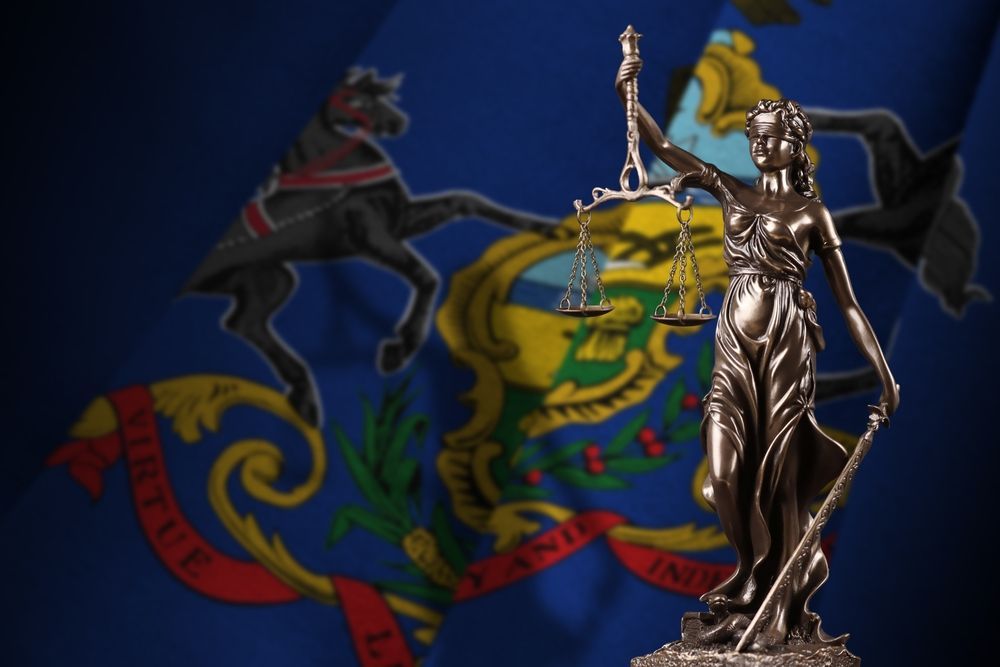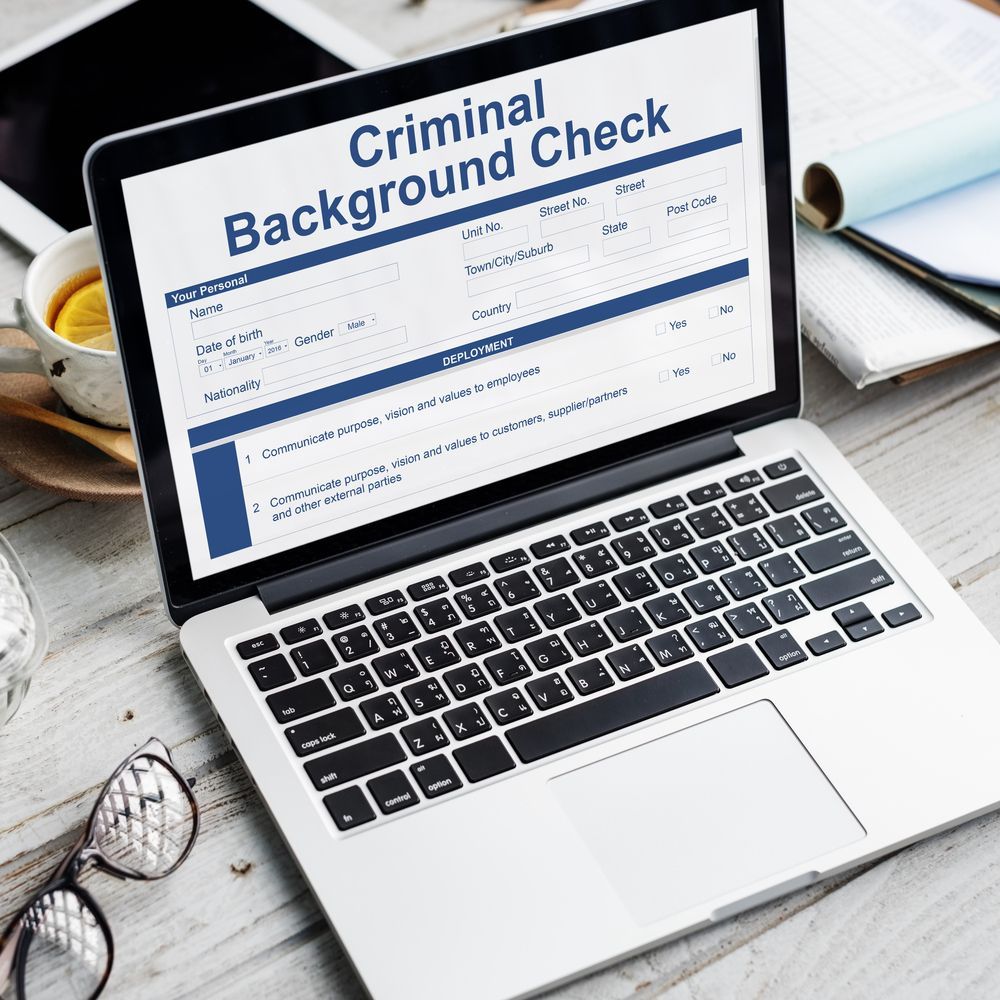Pennsylvania Expungement | Pennsylvania Clean Slate Law
17 April 2024
Share this article:
Key Takeaways
- The Pennsylvania Clean Slate Act, which took effect in 2019, shields some misdemeanor records from public view after 10 years have passed. These records are not expunged and are still visible to law enforcement agencies and courts.
- Expungement is available in Pennsylvania for some misdemeanors, for individuals over 70, and for many juvenile records. A person must file a petition for expungement.
- CRA background checks will generally not discover criminal records that have been shielded under the Pennsylvania Clean Slate Act. Employers must abide by the Fair Credit Reporting Act (FCRA) and not look back more than seven years at criminal records.
Pennsylvania Clean Slate Act
Beginning in 2019, the Pennsylvania Clean Slate Law shielded certain criminal history from public view. Records eligible for Clean Slate include second and third degree misdemeanor, misdemeanors punishable by less than two years in prison, summary convictions and charges that didn’t result in conviction.
For records to be shielded, individuals must not have had further convictions of offenses punishable by a year or more in prison and must have complied with court-ordered obligations for 10 years.
Felonies are not eligible for Clean Slate, nor are misdemeanors punishable by two years or more in prison, firearms offenses, crimes endangering persons, crimes against families and certain sex offenses.
Records shielded by Clean Slate are not expunged. They are still accessible by courts and law enforcement agencies.

Expungement in Pennsylvania
Expungement erases all evidence of a criminal record as makes it as though it never occurred. Criminal history is eligible for expungement when:
- A person is 70 years old and has been free from imprisonment, arrest or prosecution for 10 years.
- Case disposition has not been recorded within 18 months of arrest, and disposition is not available or action is not pending.
- A juvenile has turned 18 and six months have passed since all terms of a sentence were satisfied. (Expungement is not available for some sex offenses.)
- A person who was convicted for underage drinking since age 18 has now turned 21.
- A person with summary offenses has been free from arrest for five years.
- A court has ordered the expungement of non-conviction data.
A person must file a petition for Pennsylvania expungement.
What CRAs Need to Know About Clean Slate Laws in Pennsylvania
CRAs will generally not be able to discover criminal records that have been either expunged or shielded under the Clean Slate Act. CRAs should not provide their employer clients with sealed records or with information that the FCRA forbids employers to use in hiring decisions. This limits the lookback period to seven years for arrests that did not result in a conviction, as well as for most civil judgments.
The Bottom Line
With its Clean Slate Act, Pennsylvania has
joined many other states in shielding or expunging old criminal records for some offenses. It now
shields some misdemeanors from public view when 10 years have passed without further arrests. These records are not expunged but are still available to courts and law enforcement agencies. Pennsylvania also allows individuals to petition for expungement in certain situations.
Connect with Us:




